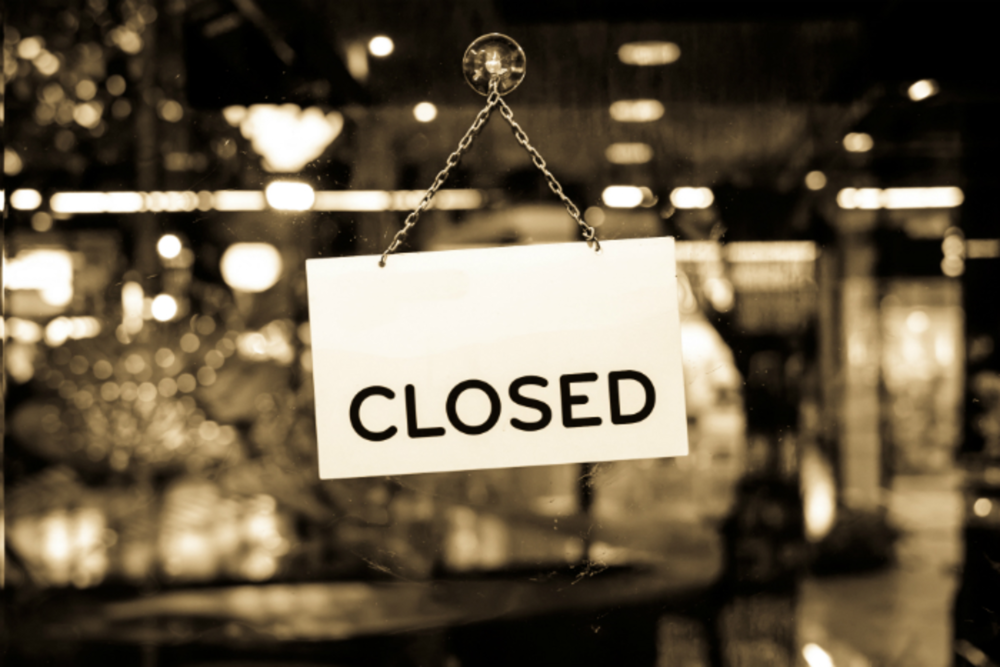Image source: Thinkstock.com
Ralph Lauren announced this week that it will no longer develop its new eCommerce platform in-house, and will instead outsource that work to the Salesforce Commerce Cloud.
This move to Salesforce signals a sea change in the company’s digital strategy. According to ZD Net, Ralph Lauren originally planned to develop its own ecommerce platform, but couldn’t afford to wait another year for its completion. It was ultimately more efficient to leave the technical development to a vendor. Doing so frees up time and capital that’s best served realizing a strong positive customer experience.
“What we saw, and what Ralph probably recognized as well, is that we’ve moved away from an era of [eCommerce platforms] being really big IT projects,” says Scott Webb president of the digital consulting company Avionos. “Organizations invested heavily in owning their ecommerce platform as a product that they had to build from scratch. The payoff on that big of an investment struggled…they were spending so much on what became table stakes capabilities like being able to check out or display product details.”
Ralph Lauren can take advantage of eCommerce and technology standards through its partnership with Salesforce. Now, the company can focus more budget and time on enhancing its digital experiences; experiences that will grow more important to the brand’s future in light of its recently announced plans to close its Fifth Avenue store in New York.
While Ralph Lauren will still operate other stores in New York City and around the world, such a closure signifies a major shift. Indeed, the year has so far been filled with news of strong retailers closing stores around the country. Kmart, J.C. Penney, Macy’s, Payless, and Sears closed hundreds of stores between the five of them earlier this year.
It’s likely that stores will continue to close around the country as buyer habits evolve, and eCommerce continues its strong growth. This is not ideal, obviously, but if Ralph Lauren is any example, this could be the time for retailers to truly embrace eCommerce, and focus on delivering the best omnichannel experience possible.
“Retailers aren’t [technology] product development companies at heart, they are retailers. They have phenomenal products and want to be able to push those products,” Webb says. “What Ralph has realized is that the tools have merged that allow them to start and innovate at a faster pace, and it makes much more fiscal sense to spend their organizational time and energy on that brand experience.”








